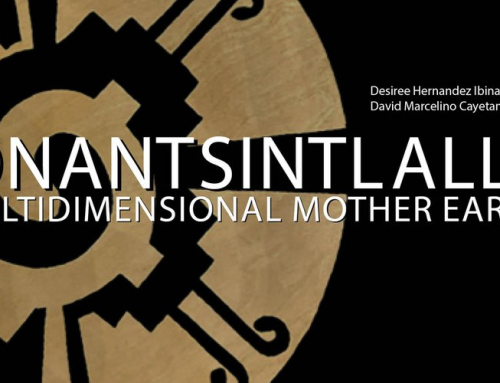Is culture something that’s produced to be sold, or a description of the ways people live? It’s an old question, but last week’s Forum d’Avignon (see also my story below) put a new spin on it: could the culture industries lead the way out of the economic crisis?
The debate did not take place on neutral territory. The Forum’s 300 grandees of media, economy and culture met in the Palace of the Popes. The event felt more like a papal conclave than a business meeting.
But the Forum crowd was not to be diverted from earthly matters. The first day coincided with the leak of a dramatic missive from Société Générale warning its private clients to be ready for a possible global economic collapse over the next two years.
Against that background, a report presented by one of three big consulting firms present in force, Bain, seemed to amplify the already nervous disposition of the media titans. Bain talked about “value shifts” in the culture and media industries – but from the look of the charts, “disappearance of profits” would have been more fitting language.
Eric Scherer, strategy supremo at Agence France Presse, has coined the term mediapocalypse to describe the apparent vaporization of business models that have kept these media-cultural monoliths afloat until recent times.
The Forum came to life with an apostatic riff by Lawrence Lessig on “remix culture” For Lessig, originator of the Creative Commons license, the mainstream media’s crisis is not just about money, it’s about power. Remix – along with open source, the free software movement, and so on – is a powerful challenge to the ‘read only’ or permission-based culture of mainstream media and culture.
Lessig’s talk was given added drama by the lowering presence on the podium of Pope Clement VII– played, on this occasion, by Dan Glickman, boss of the Motion Picture Association.
The Palace of the Popes is a resolutely read-only environment. It is also is also very old, a reminder that these cultural battles go back a long way. Ivan Illich traced the origins of read-only culture to the twelfth century; that was when reading changed from a a vocal – and therefore social – activity done in the monastery, to a predominantly silent activity performed by and for individuals.
I had the job of animating a panel on “Beyond GDP”. I tried to provoke a reaction by describing GDP (in the words of the True Cost campaign) as a “doomsday machine”, and suggested that the wealth underlying the so-called leisure society (brought to us by the aforementioned culture industries) is illusory, because we are spending natural capital, not revenue.
Disappointingly, nobody seemed to find this controversial. Indeed one of our panelists, Pier Paolo Paduan, number 2 at the OECD, and therefore a Cardinal, at least, of economic statistics, stated that the important debate is about values, not about indicators. What we value, gets measured he said, pointedly.
So:could the culture industries lead the way out of the economic crisis? The Forum ended when a more interesting possibility began to emerge: that our problem is not a damaged economic system that can be fixed by a dosage of culture – it is a flawed economic system that needs to be replaced.
To understand what could replace the ecocidal economy we have now, we need to focus on a different kind of culture – culture as a description of the ways people live – and can live differently.
Whether the Palace of the Popes is ready to host a Forum devoted to that agenda, only time will tell.






